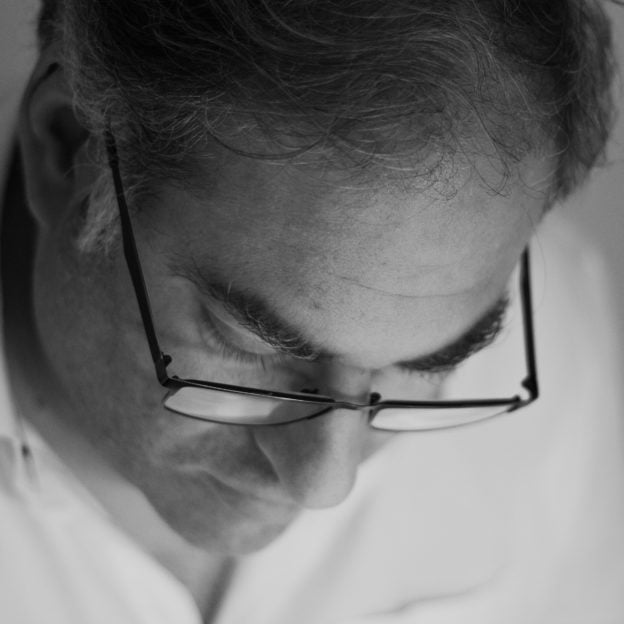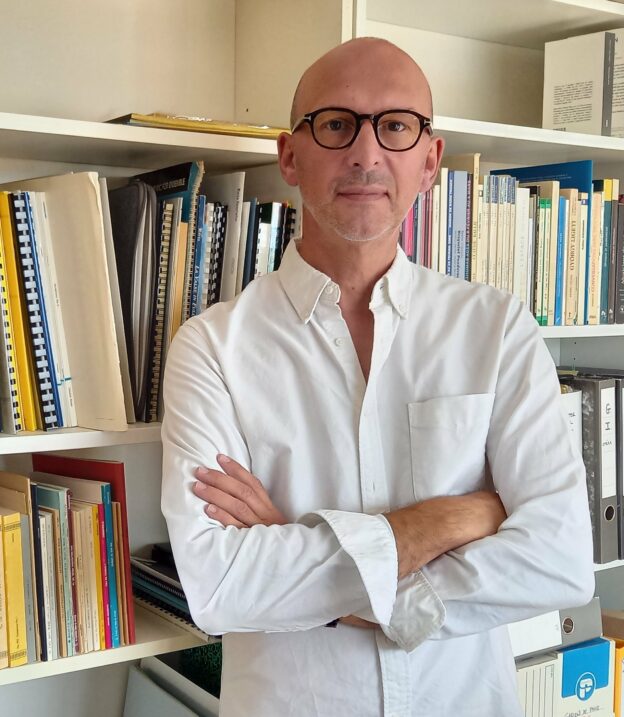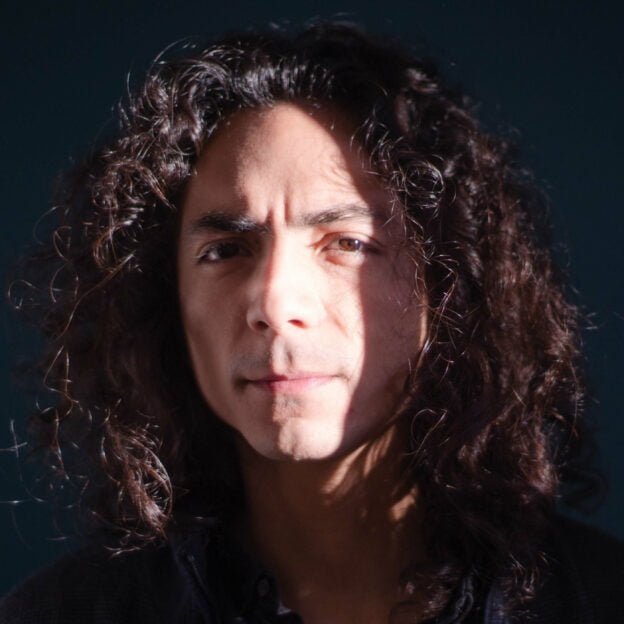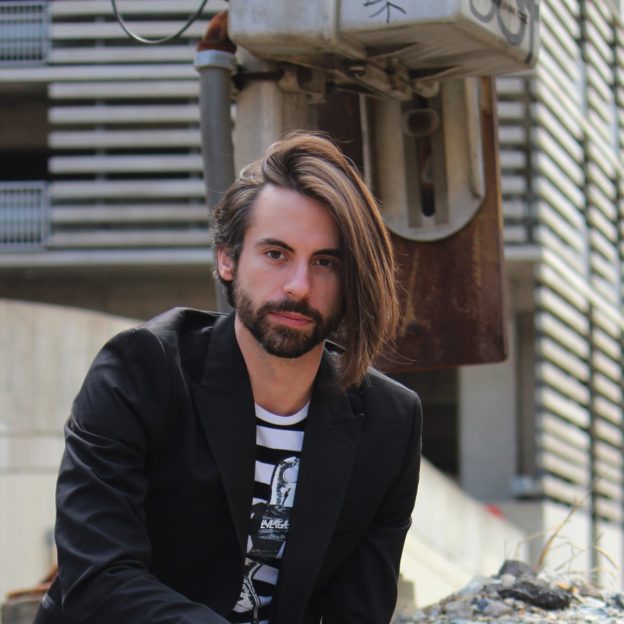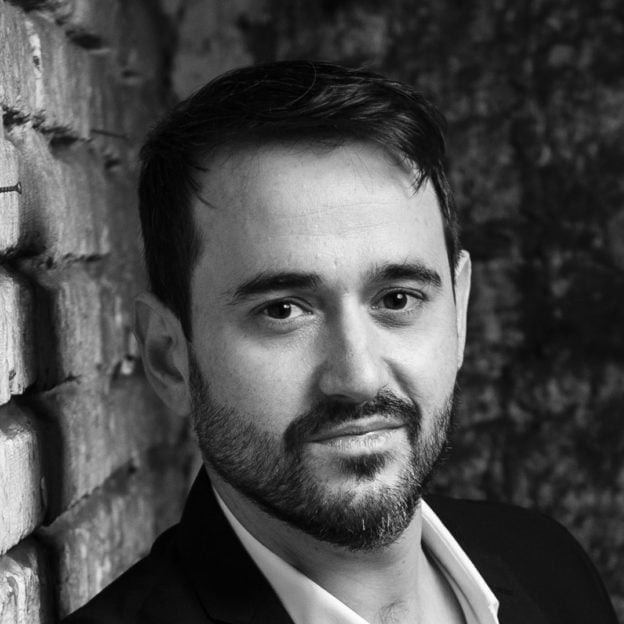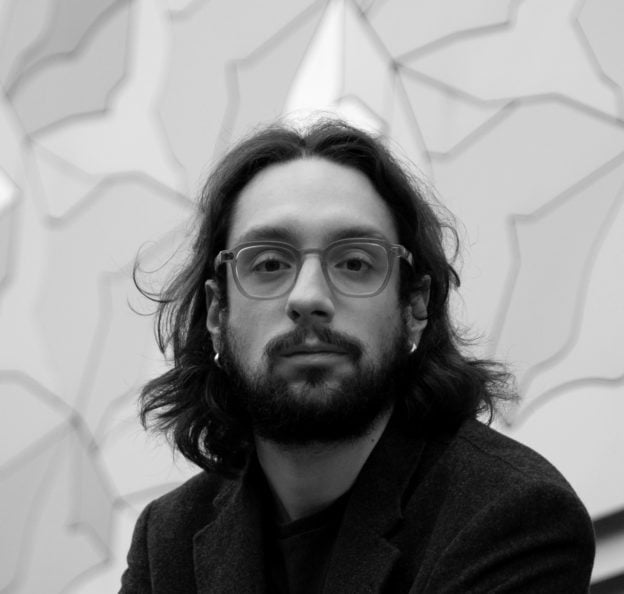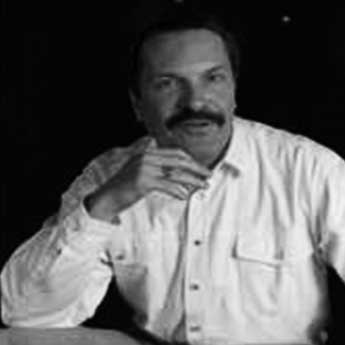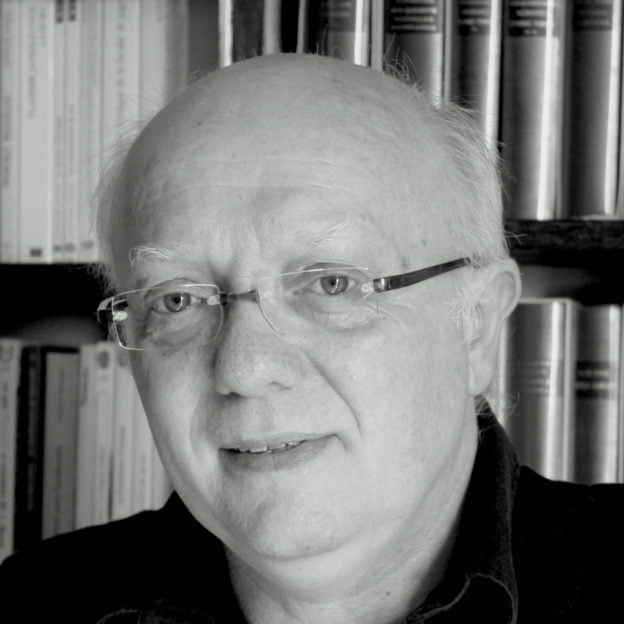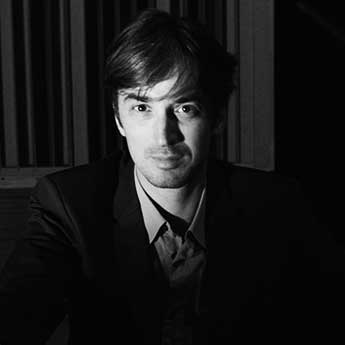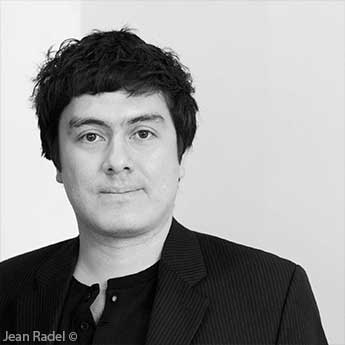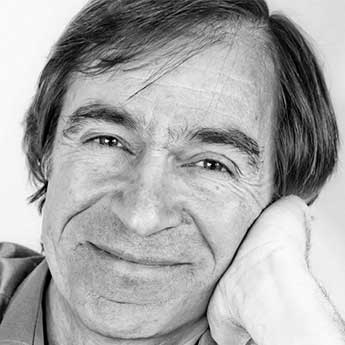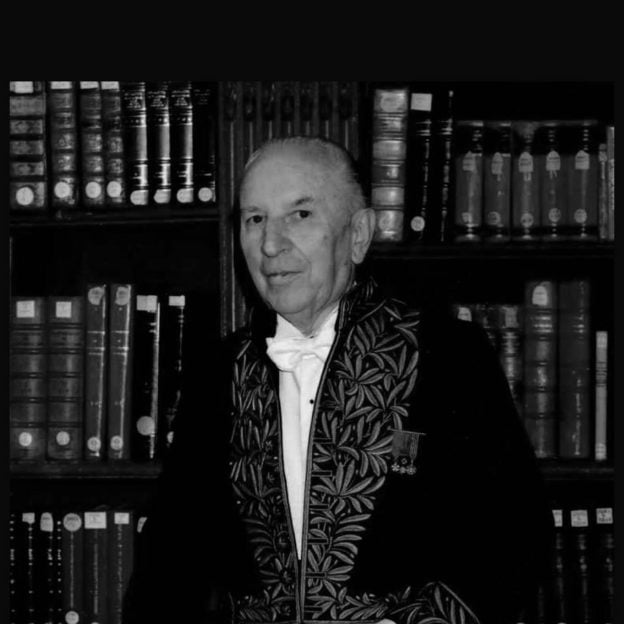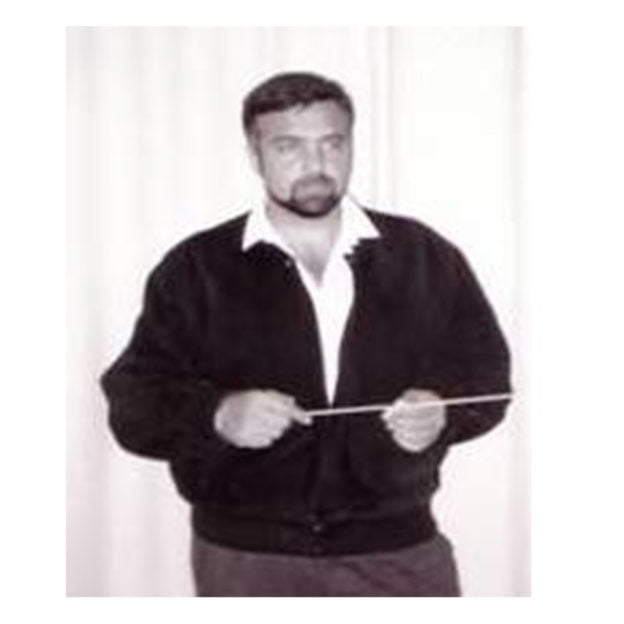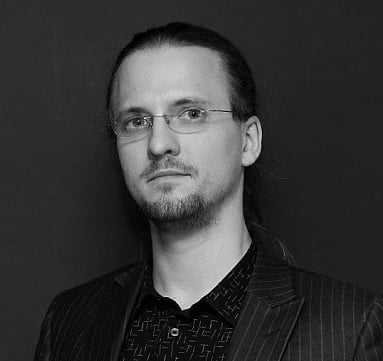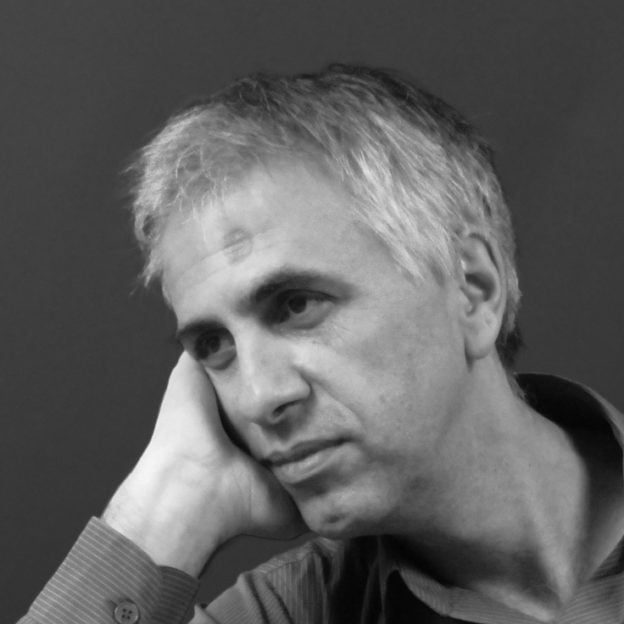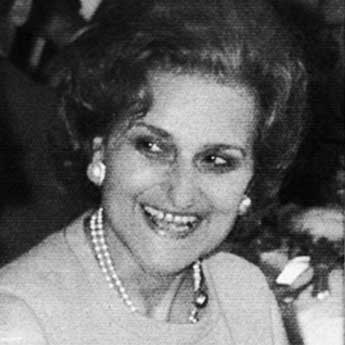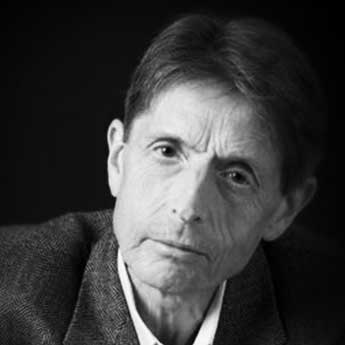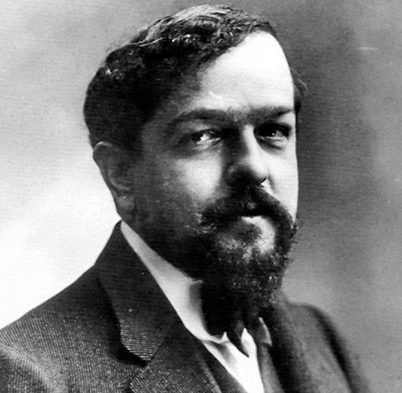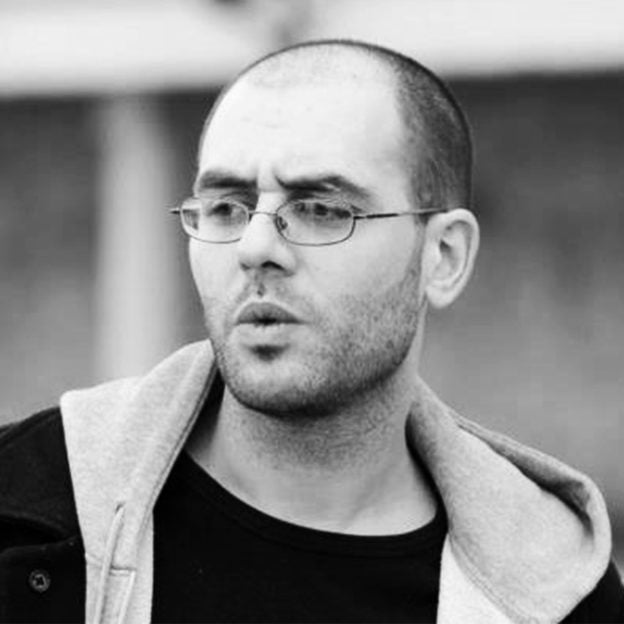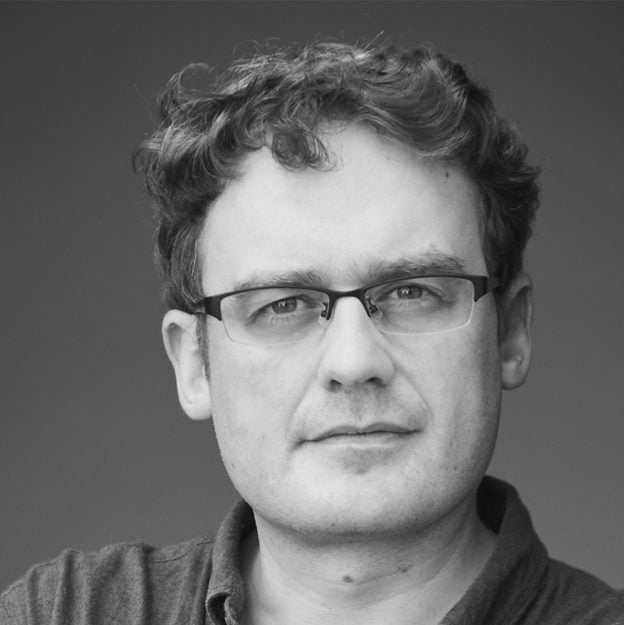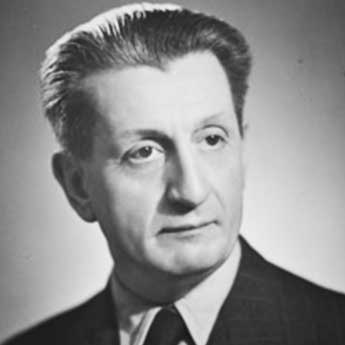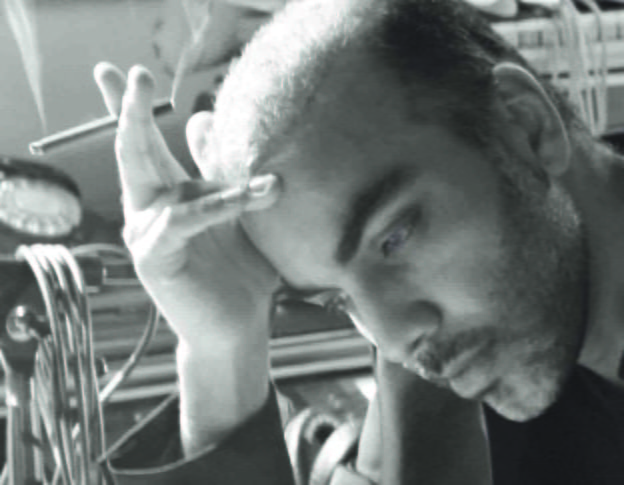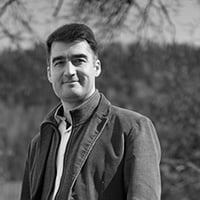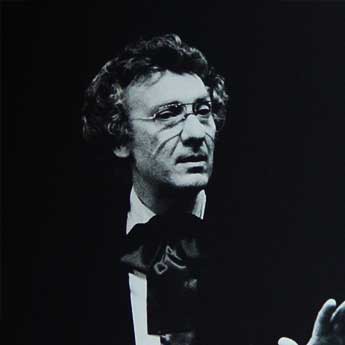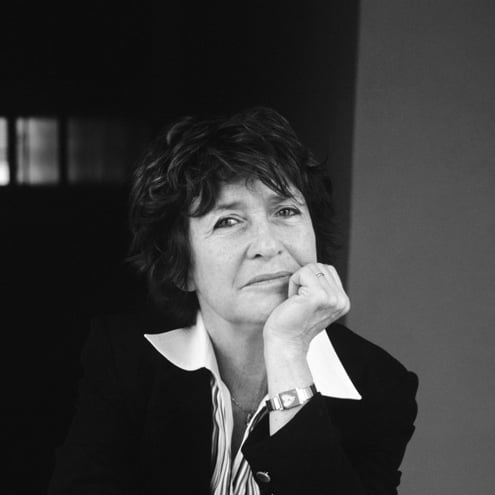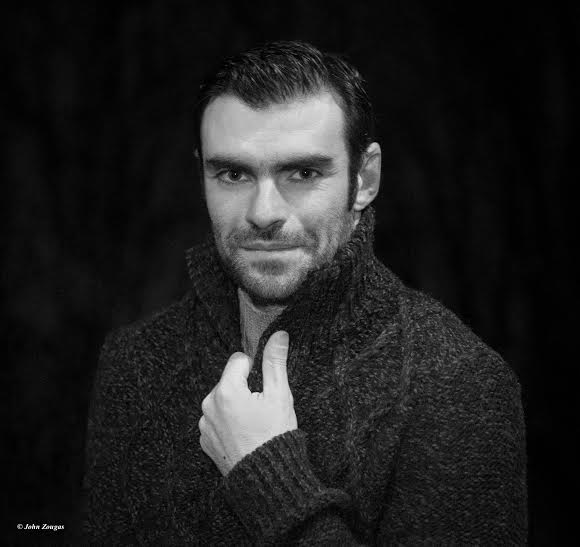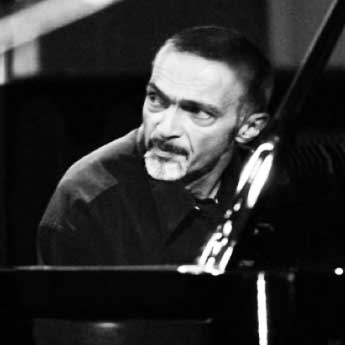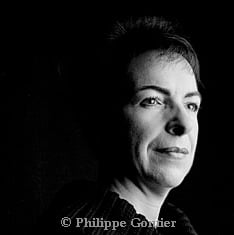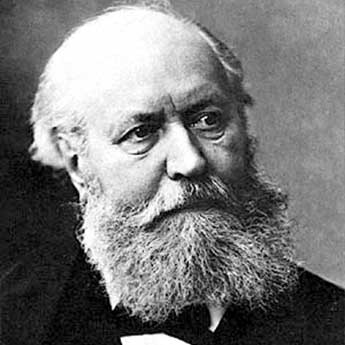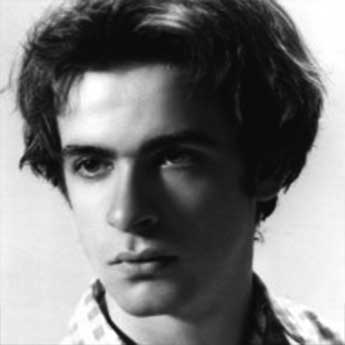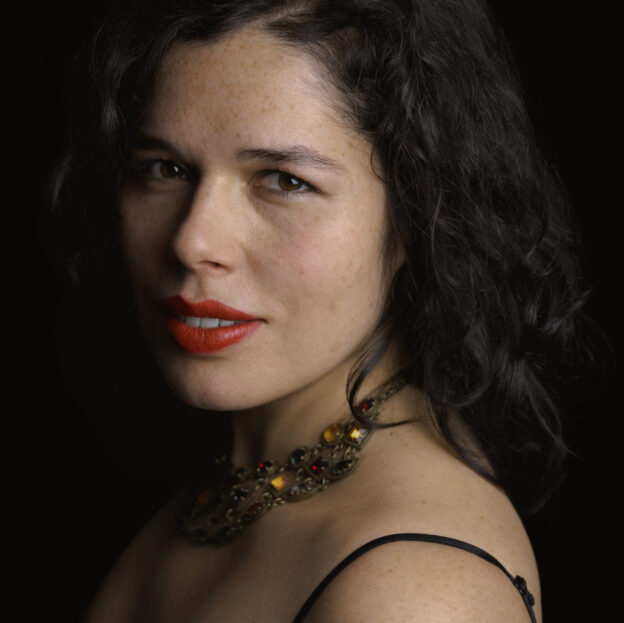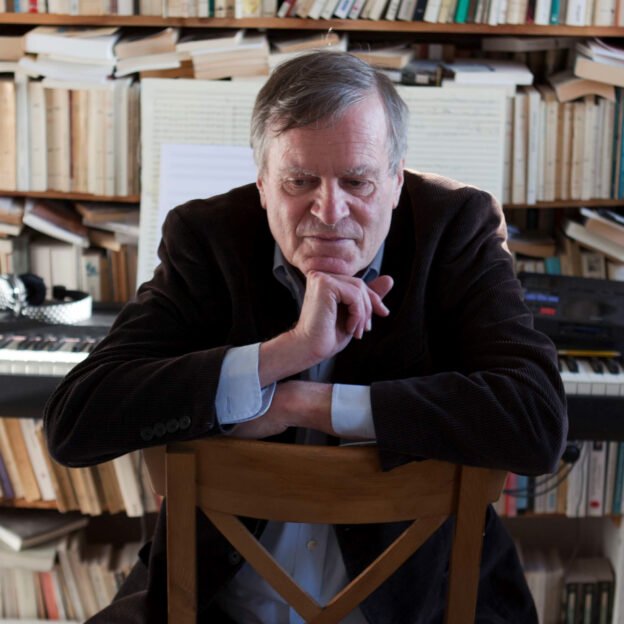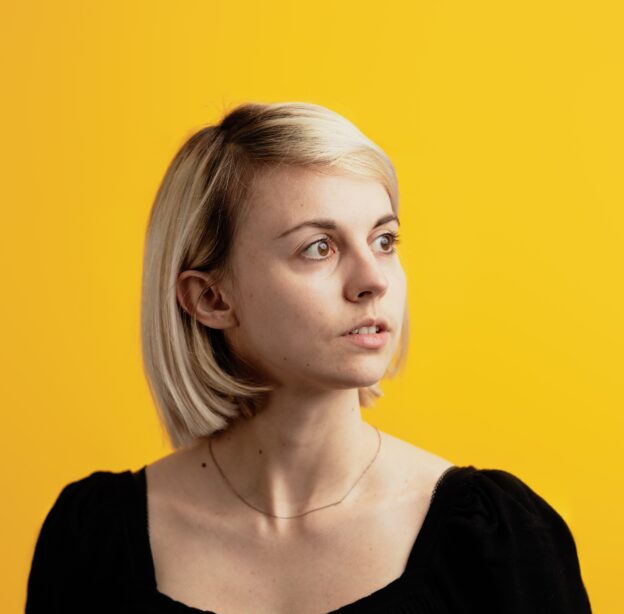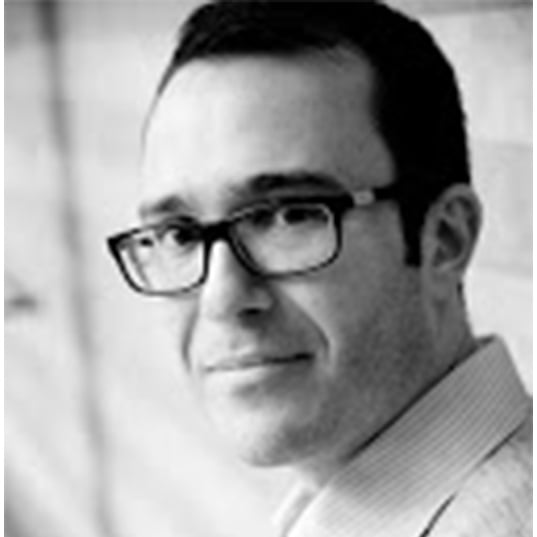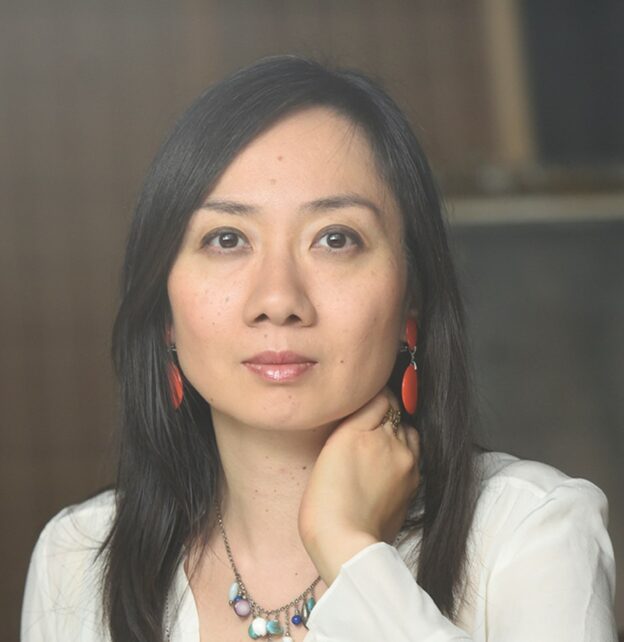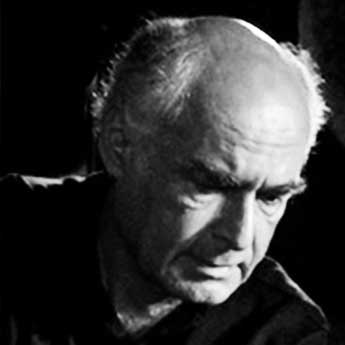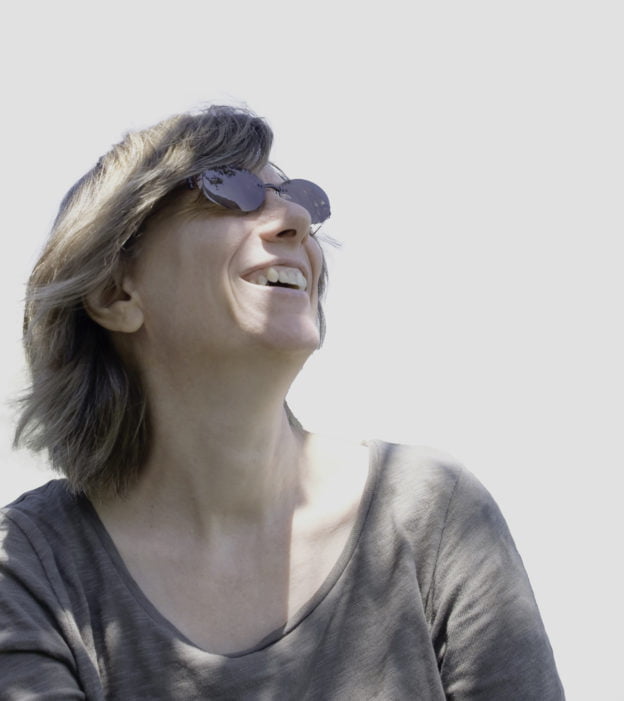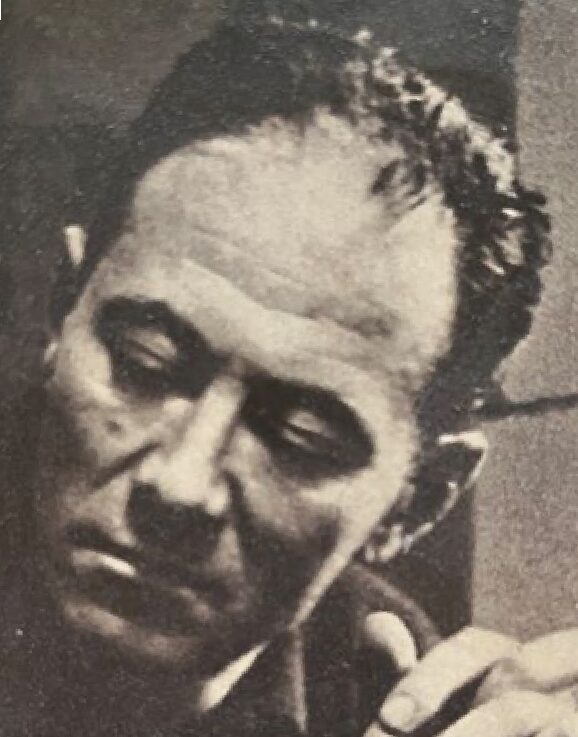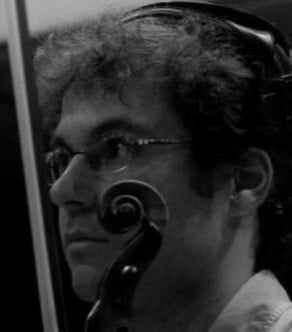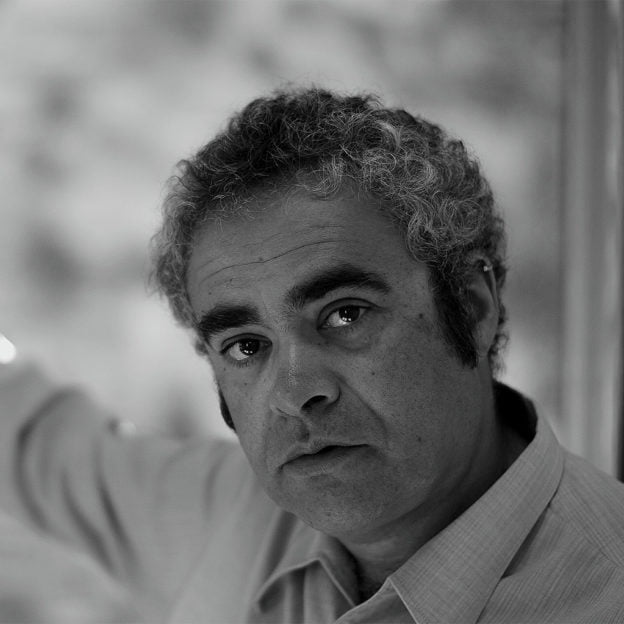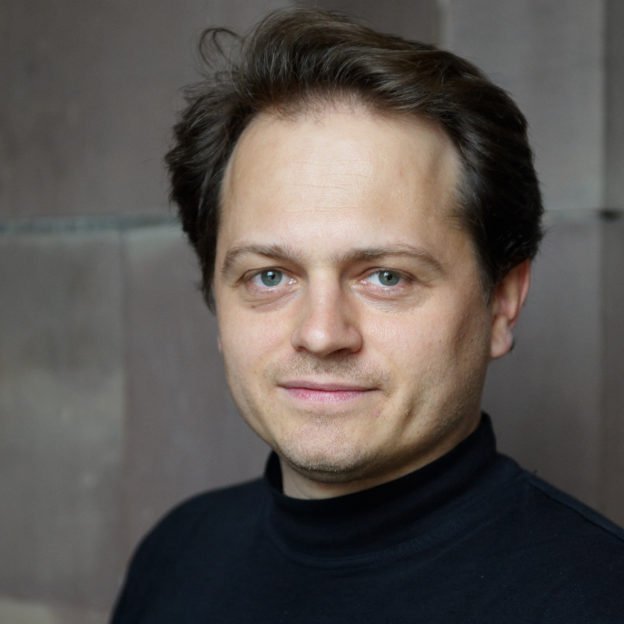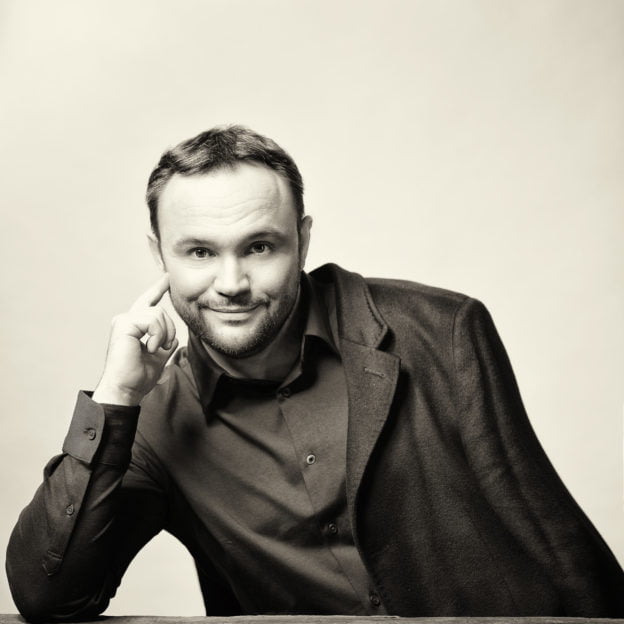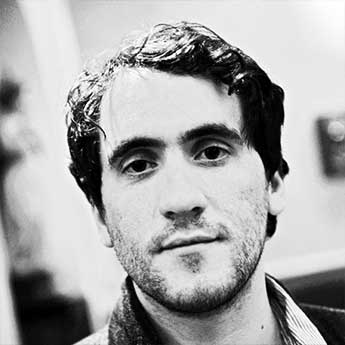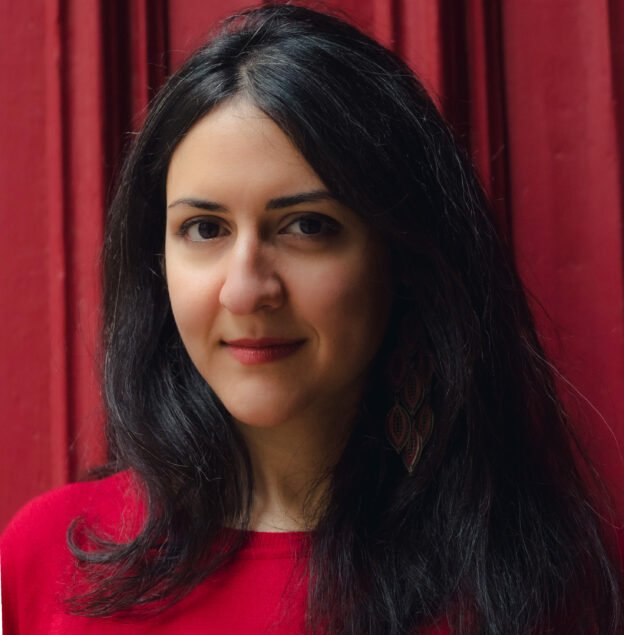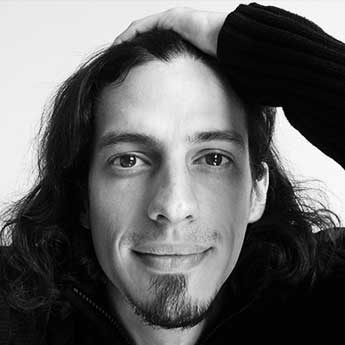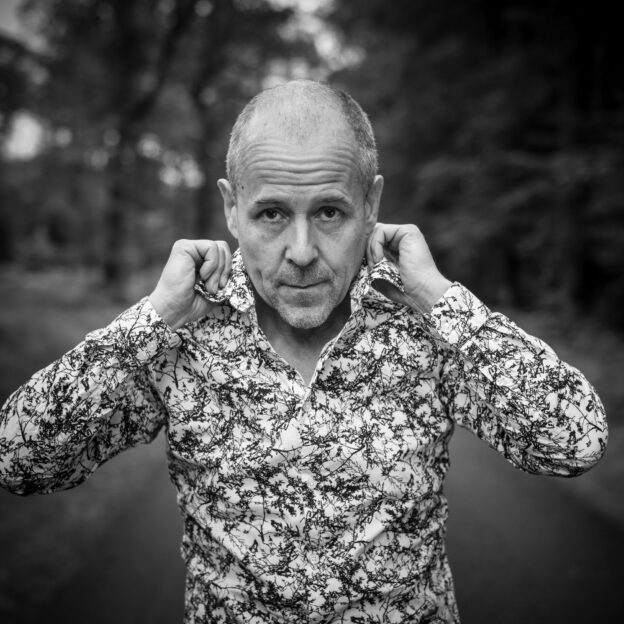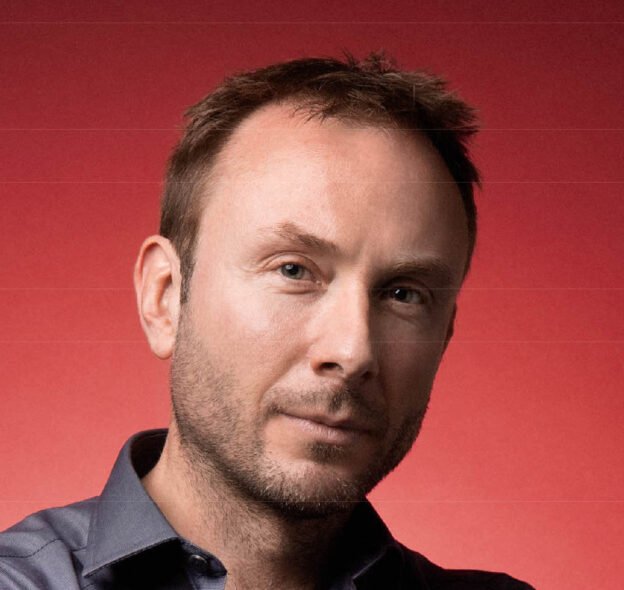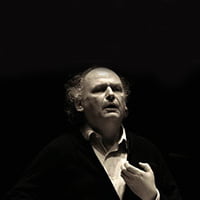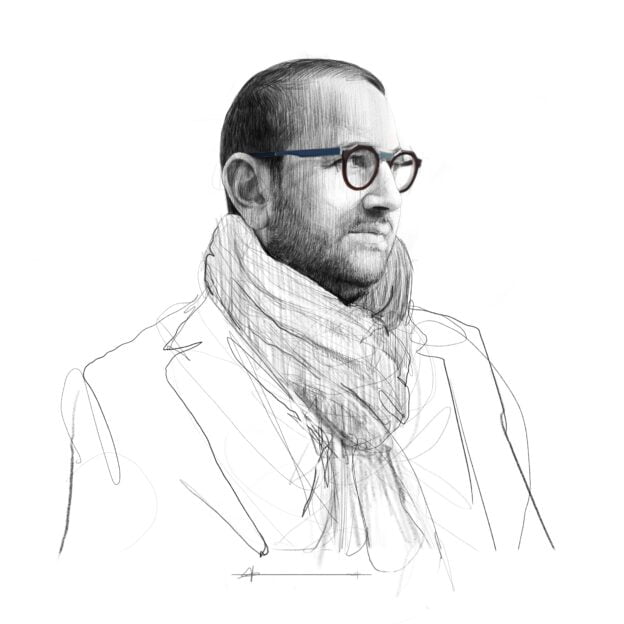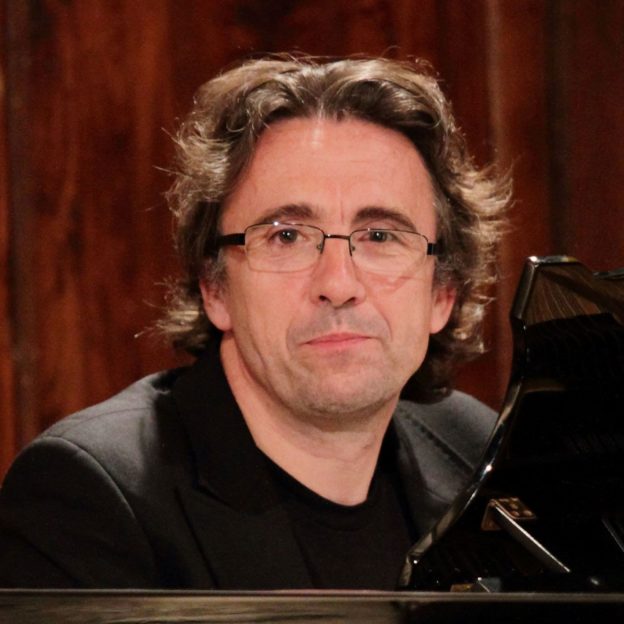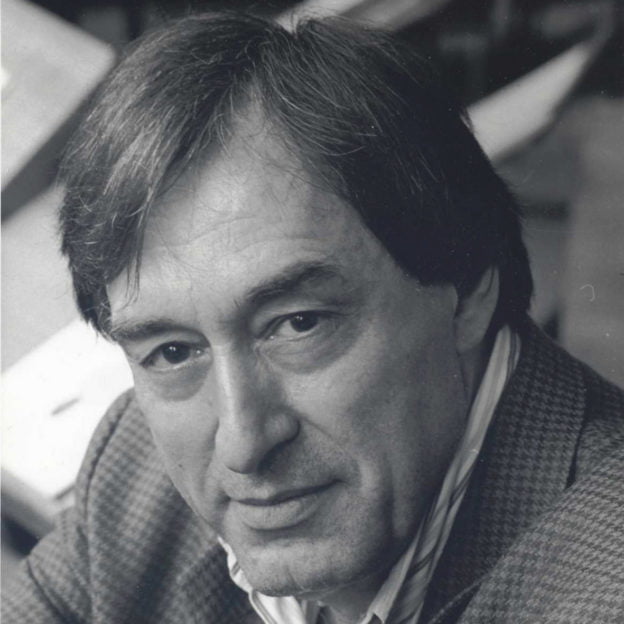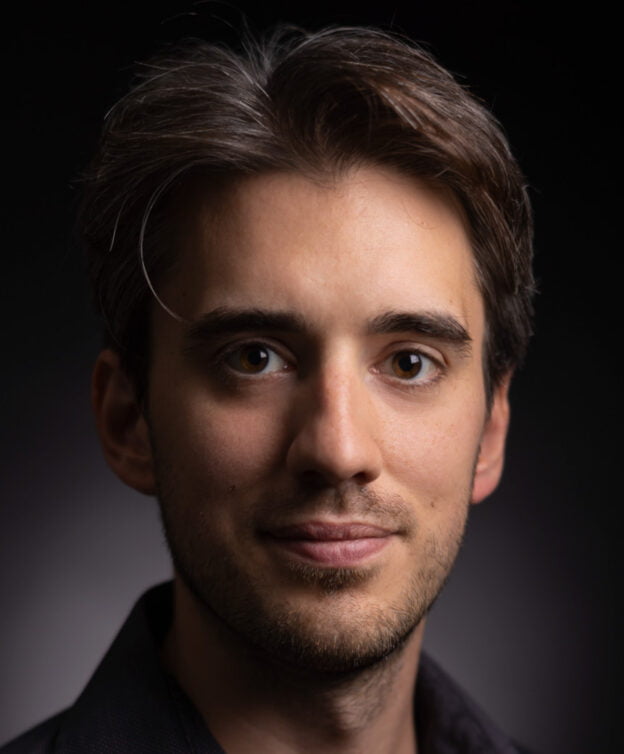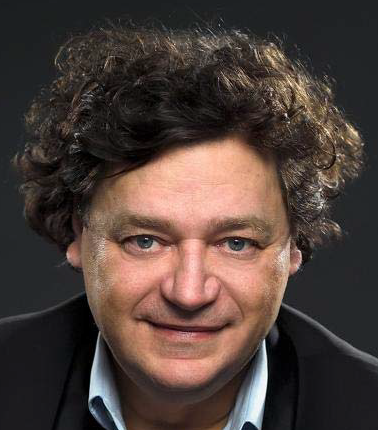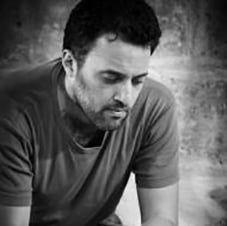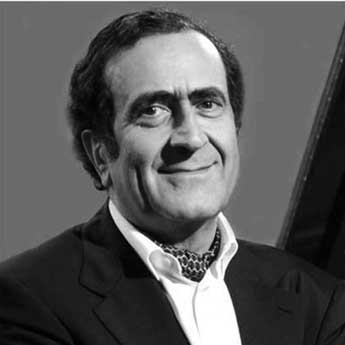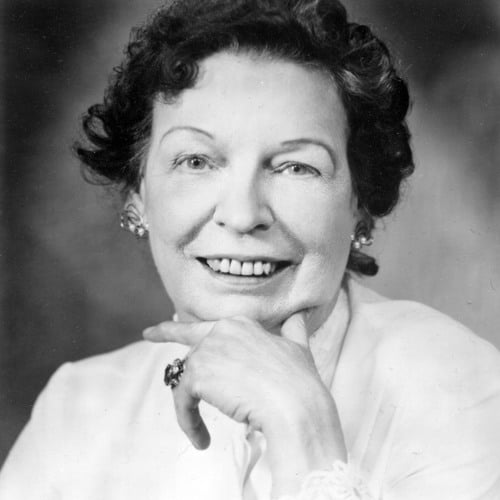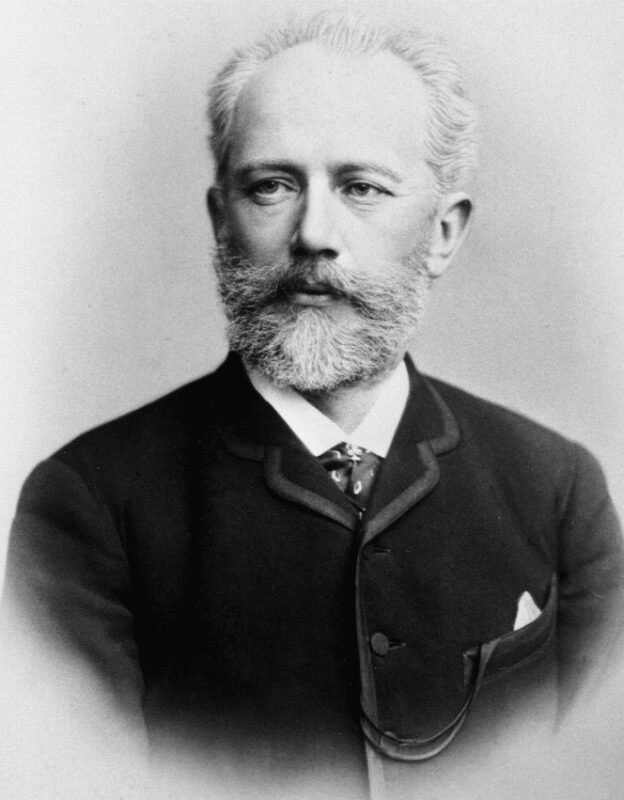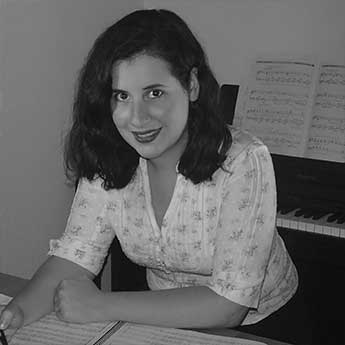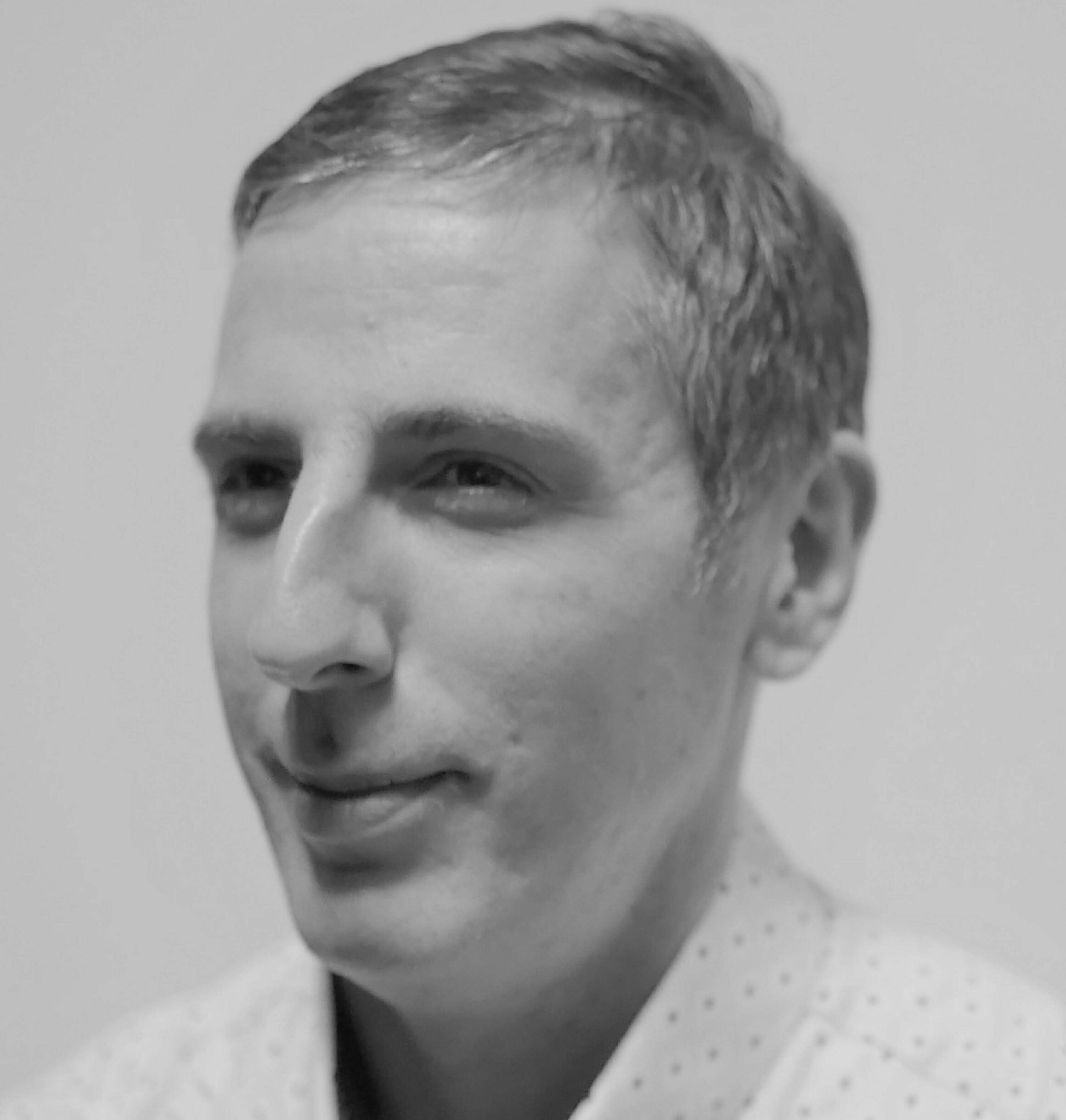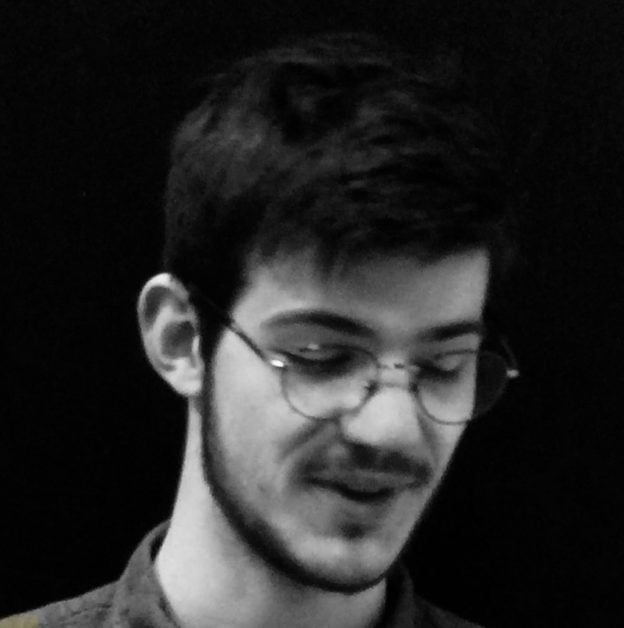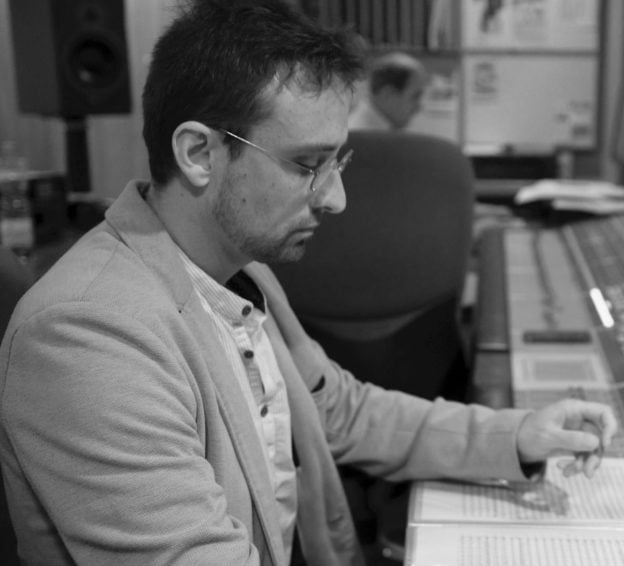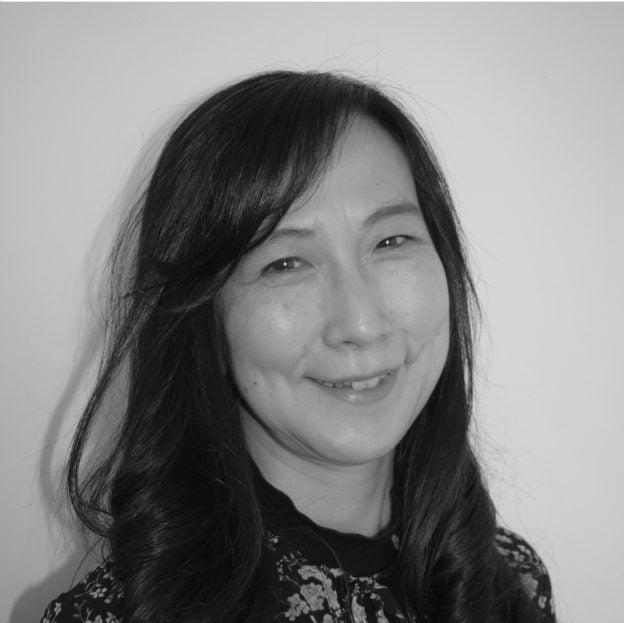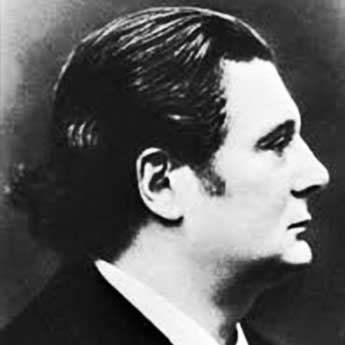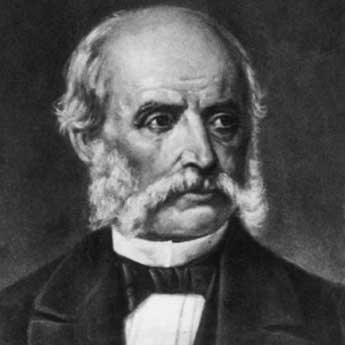
VIEUXTEMPS Henri
Né en 1820, mort en 1881
His father, a violin maker and amateur violinist, gave him his first violin lessons. He performed in public from the age of six, and within two years was acclaimed for his interpretations of a Rode concerto, as well as a double violin concerto by Kreutzer, which he played with his teacher. After studying in Brussels, he travels with his friend Charles-Auguste de Bériot to Paris, where his debut as a violinist is noticed. He returned a year later, due to the establishment of the July Monarchy and Bériot’s marriage. Back in Brussels, Vieuxtemps perfected his technique. During a trip to Germany in 1833, he became friends with Louis Spohr and Robert Schumann, who compared him to Paganini.
Compositions
Biography
His father, a violin maker and amateur violinist, gave him his first violin lessons. He performed in public from the age of six, and within two years was acclaimed for his interpretations of a Rode concerto, as well as a double violin concerto by Kreutzer, which he played with his teacher. After studying in Brussels, he travels with his friend Charles-Auguste de Bériot to Paris, where his debut as a violinist is noticed. He returned a year later, due to the establishment of the July Monarchy and Bériot’s marriage. Back in Brussels, Vieuxtemps perfected his technique. During a trip to Germany in 1833, he became friends with Louis Spohr and Robert Schumann, who compared him to Paganini.
During the winter of 1835-1836, he studied composition in Vienna with Simon Sechter, and in Paris with Antoine Reicha. His first composition, later published as Concerto No. 2, dates from this period. In 1837, he played his Concerto no 1 in St. Petersburg to a very attentive audience. Residing in Paris, he continued his compositional work with great success.
After a trip to America in 1843-1844, he married the Viennese pianist Josephine Eder the same year. Two years later, he spent six years in Russia, as a musician at the court of Nicholas I, and as a soloist at the Imperial Theater. During this time, he composed four violin concertos. He founded the violin school at the St. Petersburg Conservatory.
In 1850, he was again a professor in Brussels – his most illustrious pupil was Eugène Ysaÿe. Only two years later, however, he settled near Frankfurt, and in 1866 he was once again in Paris, pursuing his international career. Six years later, in 1871, he returned to Belgium to teach at the Brussels Conservatory.
In 1873, at a time when he was bursting with energy and strength, he suffered a stroke that left him partially paralyzed, forcing him to abandon his activities as a violinist. Despite a temporary improvement, he left the Conservatoire for good, entrusting his violin class to Henryk Wieniawski. He spent his last years in Paris, and from 1879 onwards in a sanatorium in Mustapha (a former commune of Algiers), Algeria, where his daughter lived with her husband. He continued to compose, frustrated at having to let his works be performed by other soloists.
Vieuxtemps was initially regarded as a great virtuoso. As a result, he has had some difficulty in establishing a place for himself among the leading composers of the 19th century. Yet Hector Berlioz himself praised the “beauty and intelligent structure” of his works, acknowledged his passionate and sensitive inspiration, and declared: “If he were not such a great virtuoso, we would acclaim him as a great composer.” Emotion in his work is clearly more important than effect.
News
No news available
Events
No event available
